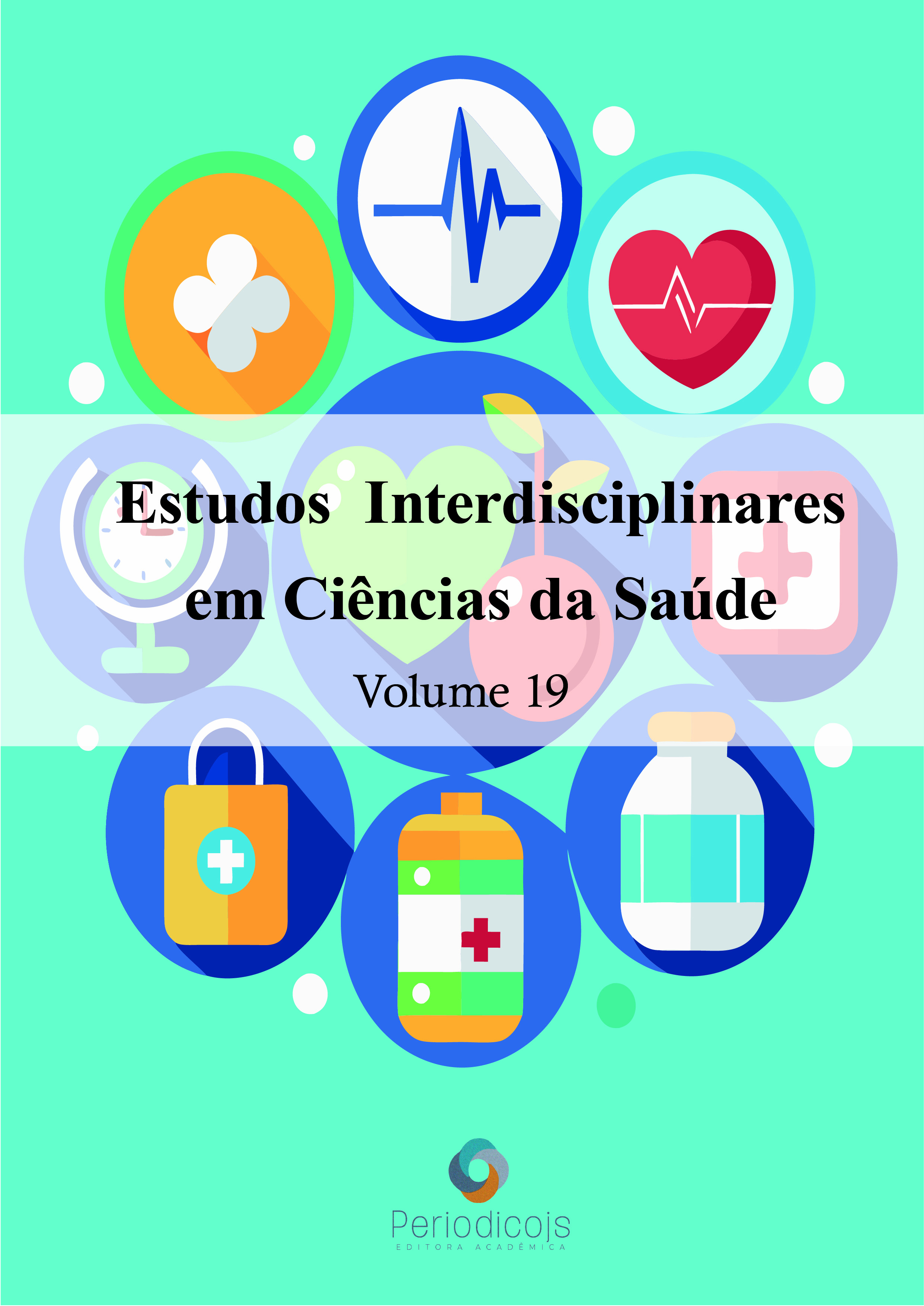Abstract
Autoimmune encephalopathy is a neurological disorder characterized by brain dysfunction associated with inflammatory processes mediated by autoantibodies. Recently, the possible relationship between intense traumatic stress events and the activation of autoimmune mechanisms in the central nervous system has been discussed, raising the hypothesis of a new neuropsychiatric phenotype: post-traumatic stress autoimmune encephalopathy. The aim of this study is to analyze evidence supporting the association between severe psychological trauma and the emergence of autoimmune-based neuroinflammatory manifestations, discussing the possible classification of this condition as a new clinical subtype. This is a qualitative and exploratory literature review with the aim of investigating the relationship between psychological trauma, neuroimmune alterations and the emergence of autoimmune-based psychiatric manifestations. Articles were selected from the PubMed, Scopus, ScienceDirect and SciELO databases, prioritizing publications with full access, reviews and original studies with relevance to neuroimmunology and psychiatry. The data analyzed suggest that individuals exposed to severe post-traumatic stress may present immunological alterations, such as dysfunction of the blood-brain barrier, activation of microglia cells and production of autoantibodies against neuronal antigens. Such inflammatory processes have been correlated with atypical neuropsychiatric conditions, such as non-epileptic seizures, progressive cognitive deficits and psychiatric symptoms resistant to conventional treatments. Case reports and emerging clinical studies propose a possible continuum between trauma, immune dysregulation and functional encephalopathy, which could justify the diagnostic and therapeutic redefinition of some cases traditionally labeled only as psychiatric disorders. Therefore, post-traumatic stress autoimmune encephalopathy represents a relevant and emerging clinical hypothesis, which could change diagnostic paradigms by integrating psychosocial and immunological factors. Confirmation of this phenotype requires further investigation through longitudinal studies and clinical trials, with a view to early and specific therapeutic strategies.
References
GUILLAUME, A. et al. Trauma-induced autoimmune encephalitis: Exploring neuroimmunological responses after psychological stress. Frontiers in Neurology, v. 14, p. 1228832, 2023.
NAKAMURA, Y. et al. Stress and blood-brain barrier function. Cellular and Molecular Neurobiology, v. 40, n. 1, p. 21–30, 2020.
PRUSTY, B. K. et al. Latent viral infection in neurons: A potential trigger for autoimmunity after trauma. Molecular Neurobiology, v. 58, n. 6, p. 2632–2644, 2021.
VOGRINEC, S. et al. Post-traumatic neuroinflammation and autoimmunity: Emerging links with psychiatric disorders. Neuroscience & Biobehavioral Reviews, v. 137, p. 104648, 2022.
HAROON, E., et al. Inflammation and neurocircuitry involved in depression: implications for novel therapeutics. Behavioural Immunology, 2012.
YAMAMOTO, A., et al. Inflammatory markers in cerebrospinal fluid and blood in PTSD patients: A systematic review. Journal of Affective Disorders, 2021.
DIEKSTRA, F.P., et al. Autoantibodies in psychiatric disease: current evidence and diagnostic implications. Neuroimmunology Reports, 2019.
DHERMY, G., et al. Autoimmune encephalitis mimicking psychiatric disorders: a review. Current Opinion in Psychiatry, 2020.
MILLER, A.H., & ROULLET, B. Neuroimmune pathways and psychiatric disorders: inflammation as a link between comorbidity and pathophysiology. Translational Psychiatry, 2022.
GUILLAUME, M.P., et al. Psychiatric presentations of autoimmune encephalitis: diagnostic challenges and therapeutic opportunities. Frontiers in Psychiatry, 2023.

